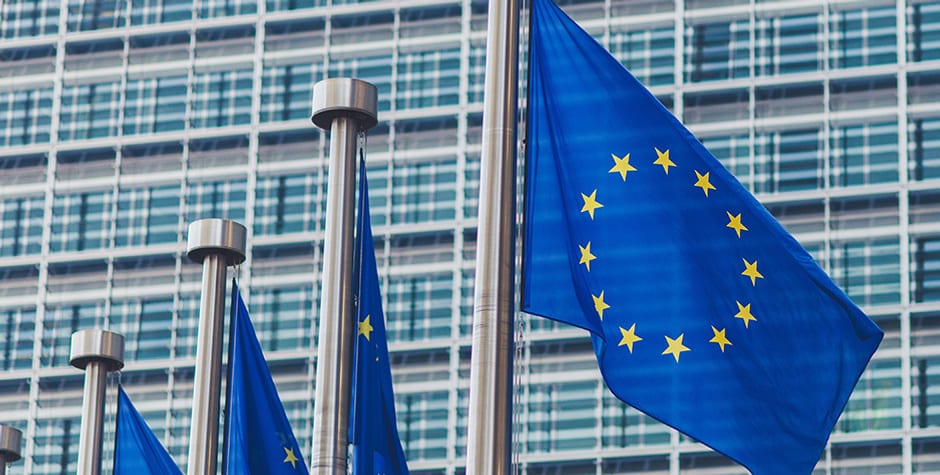Is This Europe's Wake-Up Call: A Call for Reciprocity and Fairness
I spent my first full day in office as Secretary of State in Brussels, stressing to America’s European friends that unless they increased their defense budgets, there would be disastrous consequences. The days of America’s military largesse, which for decades had enabled Europe to direct government funding away from military spending and toward social programs and climate change projects, were over – not as a consequence of unserious American leadership, but due to shifting geopolitical realities that demanded greater commitment from free nations beyond America alone.
President Trump represented the beginning of this new era, one that was to be defined by reciprocity, fairness, and a model of security that was collectively shared. Unfortunately, much of Europe chose not to take our urgent warnings seriously and instead used them as an opportunity to attack the United States and score cheap political points at home. Just a few years later, following our departure from office, Russian tanks rolled across Ukraine’s border. With that conflict now finally, hopefully, drawing to an end after much expenditure by the United States and some even by Europe, I hope our allies across the ocean have learned the lesson that eluded them during President Trump’s first term.
Those of us in the first Trump Administration saw looming threats from Russia and China and knew that if the West was going to triumph over the coming challenges, the status quo in Europe needed to change. We saw that Europe – and especially nations like Germany – would need to cease its dependence on Russian energy, decouple its economies from China, and build their militaries so that, combined with American power, we would have the means to deter Russian aggression together even as the demands of increased competition with China rose.
Much will be made in the coming weeks of negotiations over ending the Ukraine war, but it is crucial that European nations use this time to examine their present course and chart a better future. If they choose to deregulate, commit to military spending, and embrace individual liberty. the transatlantic alliance can be strong and prosperous. If Europe continues down a path marked by green energy madness, speech laws, and unserious defense budgets, this decades-long relationship will likely end due to European foolishness.
Both the first and second Trump Administrations represent a serious shift in American foreign policy for the better, one centered on the principles of reciprocity and fairness. The lesson Europe must learn is this: If you are on the side of free nations, you must act like it.
You have multiplying speech and censorship laws that undermine the core liberty upon which our civilizations are built.
You fail to maintain the capacity to defend yourself, be unwilling to contribute effectively to the collective deterrence model that keeps actors like Russia at bay or depend indefinitely on the United States for your security.
You sabotage your domestic energy sector in pursuit of green energy purity, while deepening your reliance on an adversary’s oil and gas.
The EU’s ever-increasing regulatory state, which crushes free markets and snuffs out any potential for economic growth, must be rolled back. How can American and European economies grow together and pose a serious challenge to the CCP’s state-backed economy if bureaucrats in Brussels make it impossible for U.S. companies to succeed there?
Europe has the capacity to change all these things and realize a future where its nations are strong, prosperous, and secure – it has simply refused to do so because it continues to rely on America’s military to protect it. President Trump is right to continue the logical path of our actions in his first Administration and hold Europe’s feet to the fire over this.
